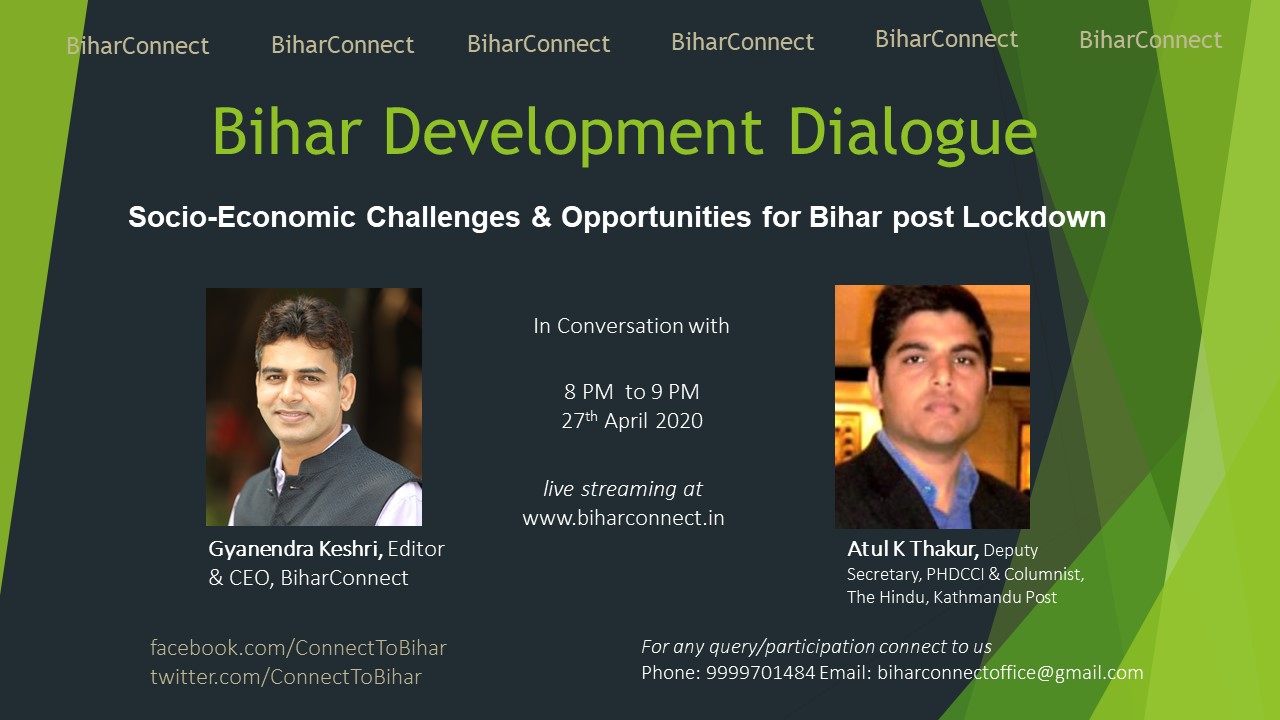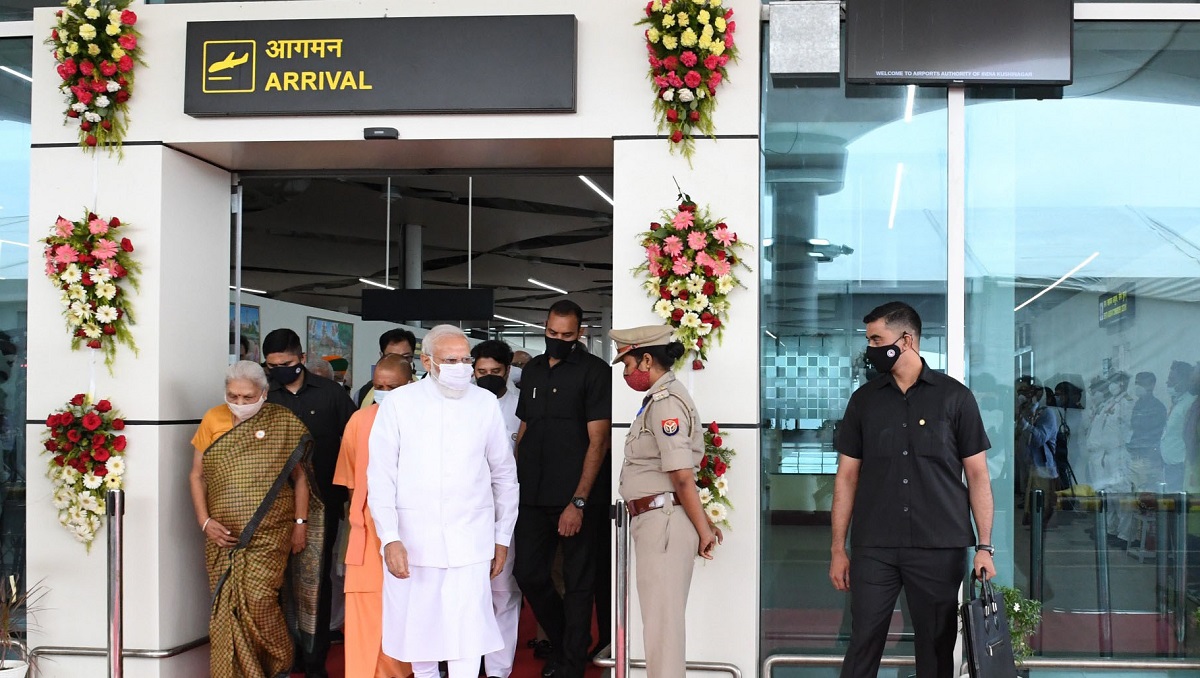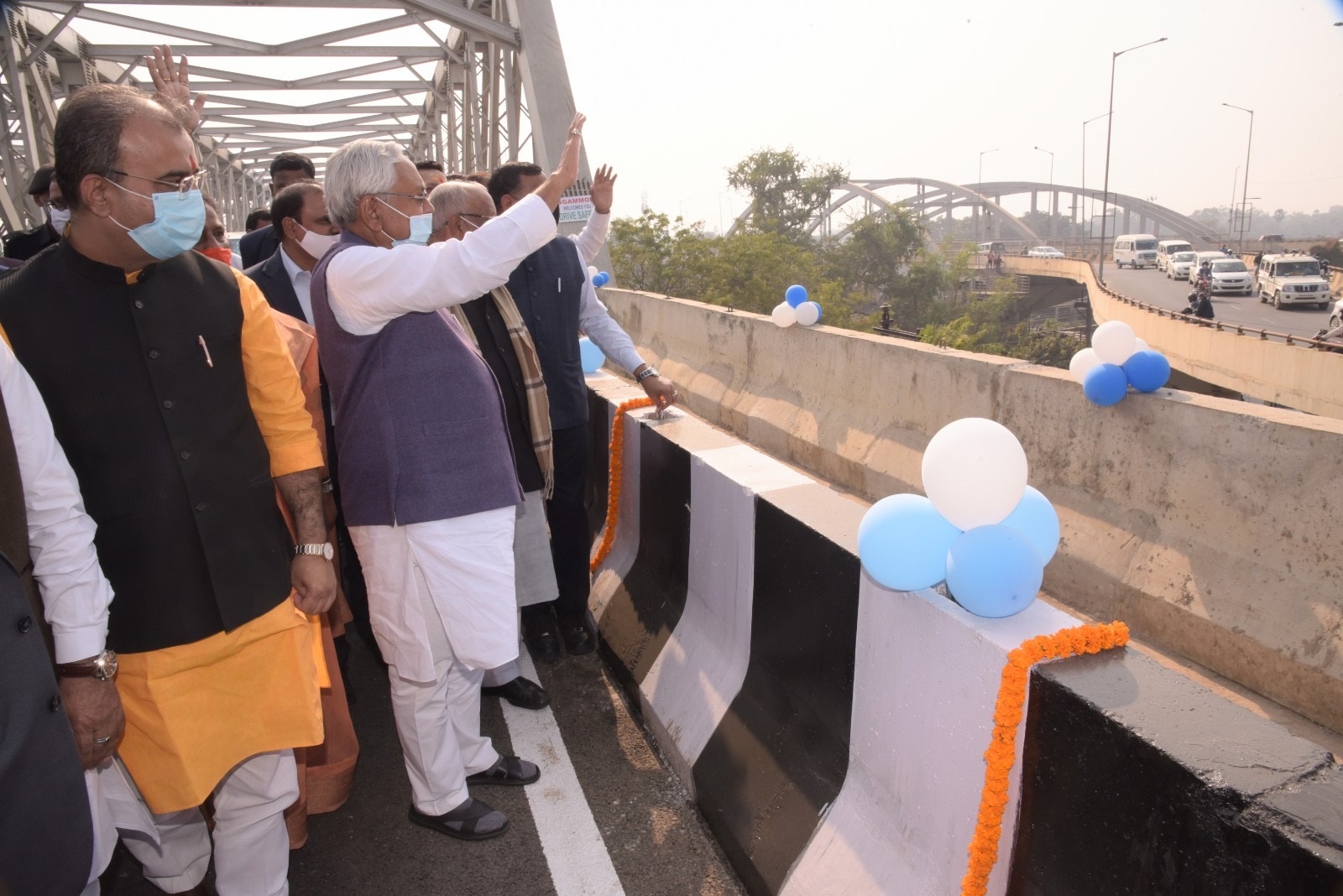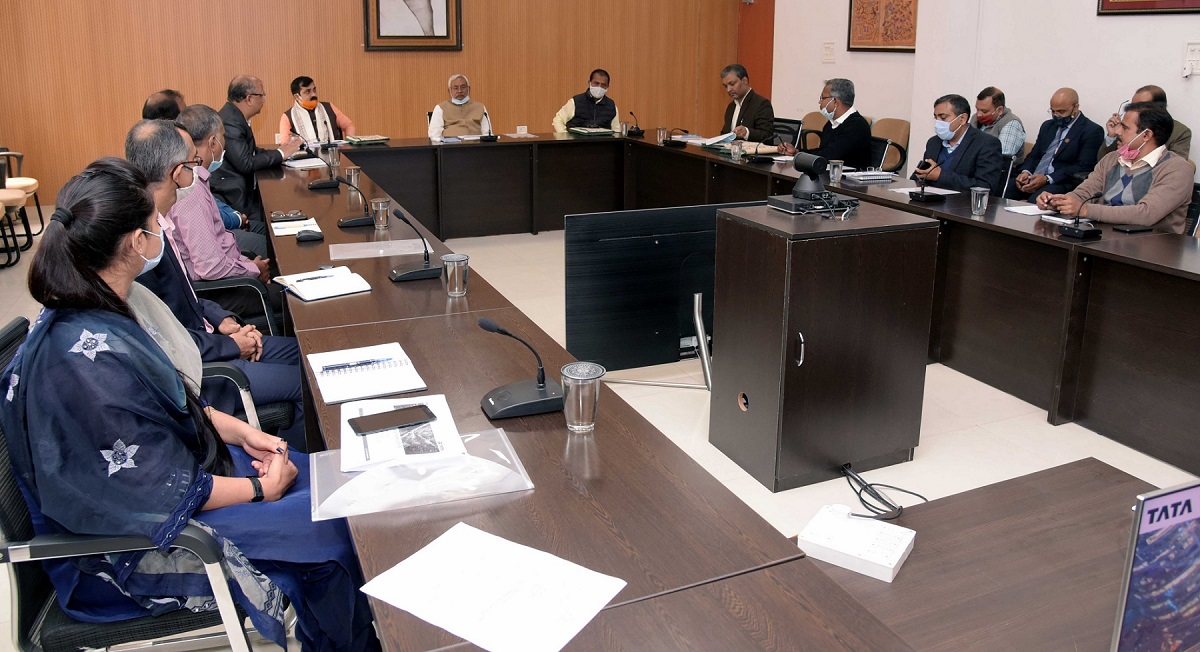Socio-Economic Challenges & Opportunities for Bihar Post Lockdown

Bihar Development Dialogue
Economic growth of Bihar has been consistently higher than the national average in the recent years. Bihar posted double-digit growth in 2017-18 and 2018-19. GSDP growth of Bihar stood at 11.3 per cent in 2017-18, the fastest among all Indian states.
India’s GDP growth during the year was 7.2 per cent. Bihar’s economic growth declined marginally but remained in double-digit at 10.53 per cent during 2018-19 against the national growth of 6.8 per cent. But the things have changed dramatically in the last couple of months due to Coronavirus pandemic.
The entire country is under lockdown. This is a crisis like no other. It has resulted in multiple crises. On the economic front there is disruptions in demands, supplies as well as the financial markets. There is health crisis. Health infrastructure of Bihar was in a very bad shape even before the Covid-19 outbreak. This has put further pressure and made the system more vulnerable. Almost all sector of the economy have suffered due to this crisis. Each individual be it rich or poor; powerful or vulnerable has been impacted. Poor labourers from Bihar, who used to work in different parts of the country or even overseas, are among the worst hit. Majority of them have lost their jobs. They have either already returned home or will come back once the transport restrictions are eased.

Reverse migration of labourers would have huge socio-economic impact. How deep will be the impact of this crisis on different socio-economic segments of Bihar? Bihar has been leading the economic growth chart for India for the past several years. Can the state continue to lead the growth chart? What are the opportunities this crisis offers for Bihar? How should the state prepare itself to reap benefits from the possible opportunities? Broad issues of discussion:
- How can Bihar maintain its position as a fastest growing states in the country?
- What are the policy action needed to revive the growth of secondary and tertiary sectors, which are the worst hit from this crisis?
- What should be the focus of relief package?
- What are the possible opportunities for Bihar from this crisis?
- Managing the reverse migration and job loss
First Session
Date: 27th April 2020 Time: 7PM to 9 PM
Gyanendra Keshri, CEO & Editor, BiharConnect
in conversation with
Atul K Thakur, Public Policy Professional & Deputy Secretary, PHD Chamber of Commerce and Industry
Second Session
Date: 1 May 2020: Time: 5 PM to 6 PM
Gyanendra Keshri, CEO & Editor, BiharConnect
in conversation with
Dr. Praveen K Singh, Senior Journalist & Editorial Director, BiharConnect
About the Speakers
Dr Praveen K Singh
After having spent around two decades in active journalism, Dr Praveen K Singh is well-recognised as an expert on editorial strategy, media management and social outreach initiatives. As the founder of Rural Connect, a publication aimed at enlightening and edifying urban readers about the grassroots realities, he achieved several journalistic feats. He has held senior editorial positions across domains with country’s leading news brands including The Indian Express, The Times of India, India Today and Zee News. He has undertaken several content-driven initiatives and has handled diverse tasks involved in the overall management of a media product. His passion for discovery and thirst to engage in new challenges has lent immense scope and dimension to the field of media and communication.
Atul K Thakur
Atul K Thakur is a New Delhi based Public Policy Professional (Deputy Secretary, State Development Council & Nodal Coordinator, India-Nepal Centre, PHDCCI) and Columnist (The Hindu; Kathmandu Post) with specialisation in the interface of economics and politics. His interests of writing and research are quite diverse and reach to the areas of Public Policy & Affairs, Macroeconomic Policies and International Affairs, with special focus on South Asia. His books are included India Now and in Transition (2017) and India since 1947: Looking Back at a Modern Nation (2013).
Gyanendra Keshri
Gyanendra Keshri is CEO and Editor of BiharConnect. He has over 15 years of experience in journalism having worked for diverse media streams in India and abroad. Gyanendra began his journalistic career in 2005 as a correspondent with Asian News International (ANI) and held senior editorial positions with news agency Indo-Asian News Service (IANS). He also worked as a senior correspondent with Qatar Tribune newspaper based in Doha. As a journalist he has travelled and reported from various challenging locations including the Middle East, Pakistan, Africa and Europe. Gyanendra has authored several reports on socio-economic issues and writes regularly for leading publications. He is Secretary and Founder Trustee of Gyan Shree Foundation Trust, a non-profit organisation dealing with socio-economic issues, focused on Bihar.




